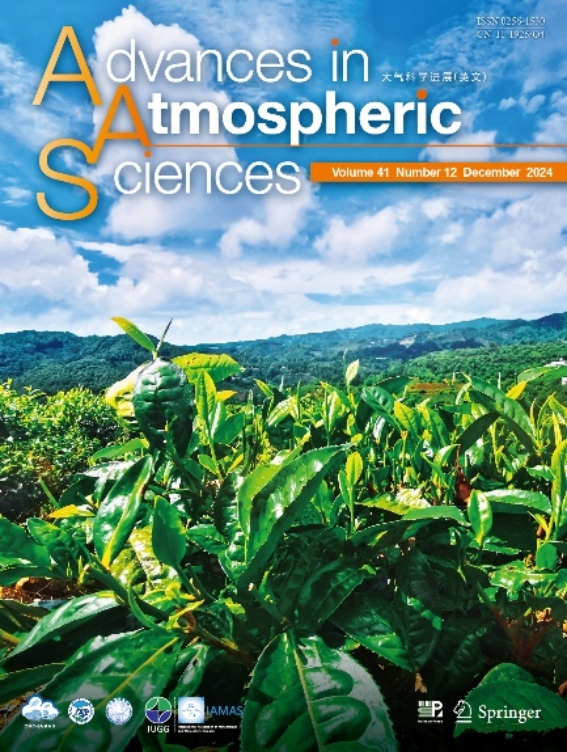Climate Change no "Storm in a Teacup" for the Tea Industry: Joint Initiative between the UK and China to Provide Climate Services to Help
Date:2024-10-21
Tea is a significant global commodity, with an industry worth tens of billions of dollars and growing. However, its production—both in terms of quantity and quality—is highly sensitive to climate variations, particularly in the context of long-term human-induced global warming and its associated shorter-term impacts such as extreme weather events.
To tackle this challenge, a collaborative initiative between UK and Chinese scientists and tea industry stakeholders has been launched. This project, known as "Tea-CUP" (Co-developing Useful Predictions), aims to develop actionable climate information, or "climate services," to inform adaptation measures and decision-making within the tea industry. The initiative's progress is detailed in a recent paper published in Advances in Atmospheric Sciences (AAS).
Recognizing the importance of this work, the journal's editor, Professor Zong-Liang YANG from the Jackson School of Geosciences at the University of Texas at Austin, recommended the paper for the cover of the issue.
"This collaborative effort exemplifies the goals of climate science: delivering climate services that benefit society directly," remarks Professor YANG.

The cover of Issue 12 of AAS featuring the Tea-CUP project report paper. (Image by AAS)
The cover photo, taken in a tea garden in Yunnan Province, China, by Professor ZHOU Tianjun—one of the study's authors and a key figure in fostering long-term collaboration between the UK Met Office and the Institute of Atmospheric Physics at the Chinese Academy of Sciences—highlights Yunnan's significance as a major tea-producing region.
Professor ZHOU notes, “Drought conditions in the southeastern periphery of the Qinghai-Tibetan Plateau, including Yunnan, are expected to become more common due to the ongoing warming of the western Pacific warm pool. For the tea industry, this means that accurate seasonal, daily, and regional forecasts would be invaluable for decision-making.”
A key takeaway from the Tea-CUP project is that the co-development of climate services tailored for the tea industry is essential for creating effective and usable climate information.
"The collaborative approach between the UK and China has demonstrated that integrating scientific knowledge with local expertise has the potential to enhance the resilience of the tea sector to climate variability and change, and develop more effective climate adaptation strategies for the tea industry,” says Dr Stacey NEW, an applied climate scientist working at the UK Met Office, and the paper's first author.
While the Tea-CUP project focuses on the key region of Yunnan, where the growth of tea plants is particularly sensitive to climate variability and change, and recent extreme weather has directly impacted tea yield and quality, affecting the livelihoods of local farmers and hindering sustainable development, the findings have broader implications.
"In Yunnan, we have collected diverse data on tea yield, plantation area and prices, as well as temperature and precipitation, to build models that reveal the interactions between climate variation and tea production," explains Professor LI Shaojuan from Yunnan University of Finance and Economics.
These models help Tea-CUP scientists identify critical meteorological indicators affecting tea production, allowing stakeholders to understand how these factors influence yield and quality, thus guiding management decisions in a changing climate.
Currently, the climate services developed under the Tea-CUP project are prototypes. Future steps will involve refining and implementing these services, including the co-development of a subseasonal forecast for Yunnan and continued engagement with tea farmers.
"Ultimately, the goal is to support the construction of a climate-resilient tea industry by fostering ongoing cross-cultural knowledge exchange, informing adaptation strategies, and ensuring that climate information is tailored to the needs of tea farmers and other stakeholders," concludes Dr NEW.
The Tea-CUP project represents a significant advancement in climate services for the tea industry. Importantly, however, its framework can serve as a model for user engagement not only in other tea-producing regions in China, but also across various sectors globally.
